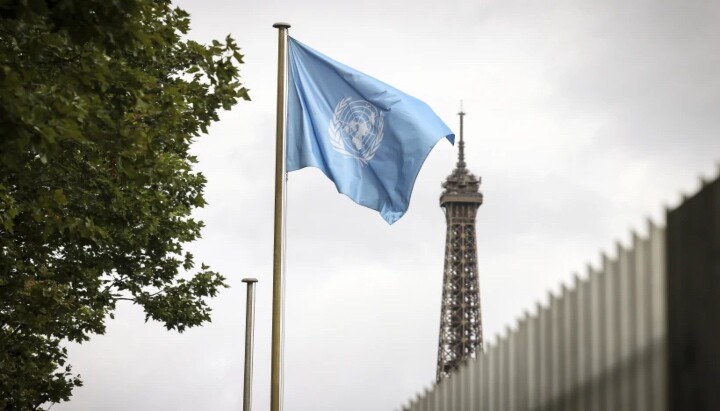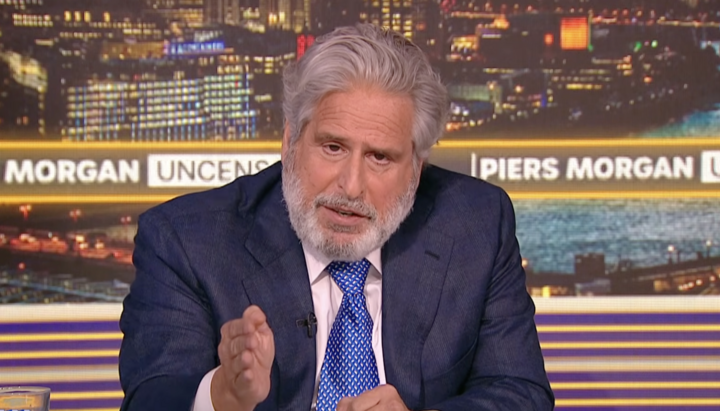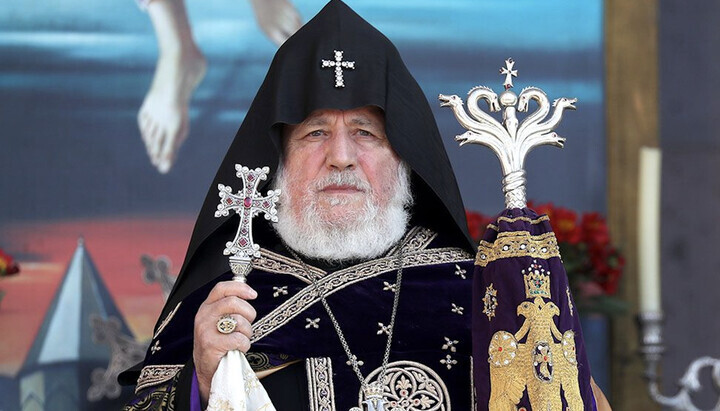U.S. to Withdraw from UNESCO Again, Citing ‘Divisive’ Agenda and 'Anti-Israel' Bias

Trump administration move reflects broader skepticism of U.N. institutions and multilateralism.
WASHINGTON — The United States announced it will once again withdraw from the United Nations Educational, Scientific and Cultural Organization (UNESCO), marking another step in the Trump administration’s ongoing retreat from international organizations it views as misaligned with its “America First” agenda.
The State Department confirmed the decision last week, stating that the withdrawal will take effect at the end of next year. The department’s statement criticized UNESCO for promoting what it described as “divisive social and cultural causes” and focusing disproportionately on the U.N.’s Sustainable Development Goals, calling them a “globalist, ideological agenda for international development.”
State Department spokeswoman Tammy Bruce said continued participation in UNESCO is not in the U.S. national interest, accusing the organization of advancing causes “at odds with our America First foreign policy.”
Another key reason cited for the withdrawal is UNESCO’s 2011 decision to admit the State of Palestine as a full member — a move the U.S. has long opposed. The State Department described the decision as “highly problematic,” claiming it has contributed to an increase in anti-Israel rhetoric within the organization.
The announcement follows a February executive order by President Trump calling for a review of U.S. funding to U.N. institutions. At the time, White House staff secretary Will Scharf labeled UNESCO as having a persistent “anti-American bias.”
This is not the first time the U.S. has left the agency. Washington previously withdrew from UNESCO during Trump’s first term, only to rejoin under President Biden. The U.S. has not provided funding to the organization since 2011 due to federal laws prohibiting support for U.N. agencies that recognize Palestinian statehood.
UNESCO is widely known for designating World Heritage Sites — over 1,200 to date — including iconic local locations like Yellowstone National Park and the Statue of Liberty. Several Orthodox religious sites are included, as well.
It also promotes initiatives such as global literacy, clean water access, women’s rights, sex education, and cultural preservation, including a growing list of heritage practices such as opera singing and traditional breadmaking.
Despite its broad cultural and educational mission, UNESCO has increasingly become a flashpoint in debates over U.S. foreign policy priorities and the country’s role in multilateral institutions.
Previously, UOJ reported that World Heritage Watch (WHW) had issued an urgent appeal to UNESCO, demanding that the Saint Catherine Area in Egypt be placed on the List of World Heritage Sites in Danger.









